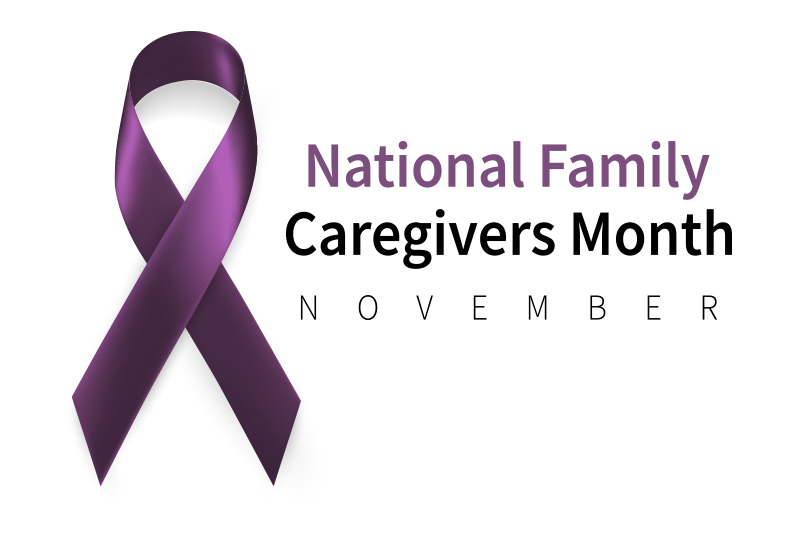According to researchers at the Krembil Neuroscience Centre in Toronto, Canada, some forms of dementia are the result of many tiny, unnoticed strokes that damage the brain over time. The researchers believe that this type of dementia, once considered untreatable, could be managed with changes in lifestyle. The findings come from a study involving five individuals who had their brains scanned over the course of 16 weeks. The frequent scanning revealed minute spots on the MRIs characteristic of minor strokes. Such spots had not been in previous studies because the scans were conducted at longer intervals, in most cases just once per year. While researchers believe that the spots themselves do not cause symptoms, the lesions can become areas of white matter disease characteristic of dementia. Although approximately half of all elderly individuals have this white matter disease, in many cases it is harmless. For some, unfortunately, the disease can
Continue Reading... →Archive for the Blog Category
You’ve taken the time to plan for the financial well-being of your loved ones and yourself. You’ve created a customized estate plan to address your goals and concerns. Your plan includes one of the most powerful estate planning tools out there, the Revocable Living Trust, which allows your heirs to avoid probate upon your death and provide for management of your assets without interference from the court should you become disabled or otherwise incapacitated. All is well and good—unless you have not taken the steps necessary to fund your trust. Without proper funding, your trust is worth no more than the paper it is written on. It’s hard to believe, but many families take the time to create a comprehensive estate plan, together with a Revocable Living Trust, then fail to properly fund the trust. And even though a Will may provide that all assets pour over into your trust
Continue Reading... →As an estate planning and elder law firm, we advise all of our clients about the importance of creating advance directives and keeping them up to date. However, it is equally important to let your love ones, physicians and financial advisors know that you have created these documents—and, where to find them. If your documents are stored on your computer, do your loved ones have the file name or password necessary to access them? If you’ve placed your planning documents in a safe, do your loved ones know the combination? If nobody can find your documents, they are about as valuable as the paper they are written on. In addition to making sure your loved ones can access your advance directives, you should consider telling them about your wishes directly, particularly the manner in which you want to be cared for in an end-of-life situation. We understand how difficult it
Continue Reading... →For many families with a special needs child, a special needs trust is one of the most important components of the family’s overall estate plan. A properly designed and implemented special needs trust can provide a number of important benefits. Maximize quality of life while protecting eligibility for government assistance. A special needs trust allows you to provide funds that can help improve the quality of life for your special needs loved one without jeopardizing eligibility for necessary government assistance, such as Supplemental Security Income (SSI). Funds in the trust can be used for all of the following and more: Medical procedures or therapies not available through government assistance Supplemental nursing home care and private companion services Travel expenses Entertainment expenses such as movies, concerts or electronic equipment Fees for guardians and attorneys Other expenses, services or products not provided by a government assistance program Lower costs for healthcare services.
Continue Reading... →According to a two-year study, healthy eating, brain training, exercise and sound medical management may prevent age-related cognitive decline and, perhaps, dementia. The study sampled 1,260 people, aged 60-77, randomly assigning one group to receive some general health advice and another group to follow a special program. The advice and training given to participants in the special program included: Diet Eat plenty of fruit and vegetables, wholegrain cereals, low-fat milk and meat products. Participants were also told to eat less than 50 grams of sugar a day and have at least two portions of fish a week. Cognitive training Participants received computer brain training sessions and were advised to improve mental acuity by doing puzzles, reading and other activities requiring cognition. Exercise Participants were told to do strength training one to three times a week and aerobic exercise two to five times a week. The exercise advice was tailored to
Continue Reading... →In 2015, President Obama officially proclaimed November as National Family Caregivers Month. It is a time to recognize the selfless efforts of caregivers across the country and rededicate ourselves to making sure our caregivers have the support they need to maintain their own well-being and that of the people they love. Caregiver Action Network (CAN) is the nation’s leading family caregiver organization. It is working to improve the quality of life for the more than 90 million Americans who care for loved ones with chronic conditions, disabilities, disease, or the frailties of old age. If you are a caregiver, you can find an abundance of helpful information on CAN’s website, http://caregiveraction.org.
Continue Reading... →Okay, so you popped the big question, and he or she said yes! Whew, what a relief! Now there’s so much to do, so many plans to make: the guest list, the invitations, the reception, the band, the cake, the honeymoon… the prenup? While it is hardly the most glamorous aspect of planning a wedding and a life together, many couples should at least discuss it. Why? A prenuptial agreement can protect you from financial loss in case your relationship breaks down—no small concern when you consider that half of all marriages end in divorce. Is a prenuptial agreement a good idea for you and your intended spouse? Probably, if any of the following scenarios apply: Either of you has children from a previous marriage You own a business or are involved in a family-run company Either of you has significant assets that you want to keep separate One of
Continue Reading... →With Americans living longer than ever before, many of us will eventually require long-term care. It has been estimated that at least 70 percent of people over the age of 65 will need long-term care at some point in their lives. When most people think about long-term care, and who provides it, nursing homes and assisted living facilities come to mind. However, the vast majority of long-term care in the U.S. is provided by family members. In fact, eighty percent of those receiving care obtain the care they need at home, from children, siblings and other members of the family. A recent study by the AARP suggests that this system will be undermined in the future by demographic changes. Baby Boomers are now in their fifties and sixties, and many of them provide care for aging parents. Boomers in their 50s frequently take time off from work to care for
Continue Reading... →For parents of adult children who suffer from mental illness or addiction to drugs or alcohol, the planning challenges combined with the strong emotions involved can seem overwhelming. The last thing you want to do is provide your loved one with assets that enable addiction or, in the case of mental illness, violate limitations on the number of assets a person can have and still qualify for government benefits. A major problem faced by parents of troubled adult children is admitting that their son or daughter is not simply “going through a phase” and will “come around” over time. Another is trying to picture the child’s future. When children suffer from addiction or a mental illness such as schizophrenia, it is very difficult to make any type of prediction about what they will need financially or the type and level of care that will be required down the road. Periods
Continue Reading... →Alzheimer’s and other neurodegenerative diseases can make even basic tasks extraordinarily difficult. Designer Sha Yao saw this firsthand when her grandmother was diagnosed with Alzheimer’s disease. In response, she created Eatwell, a seven-piece tableware set. It features bright, primary colors, which Yao chose based on a Boston University study that showed individuals with cognitive impairment consumed 84 percent more liquid and 24 percent more food when they were served in brightly-colored containers. Other features of the tableware set include cups and bowls with angled bases. This allows contents to shift naturally to one side and make them easier to drink or scoop up. The accompanying spoons are ergonomically designed to correspond to the contours of the bowls. In addition, the tableware set has holes with flaps at the edge of the tray where a napkin, bib or apron can be tucked to prevent spills. The set’s drink-ware features wide bases, reducing
Continue Reading... →











